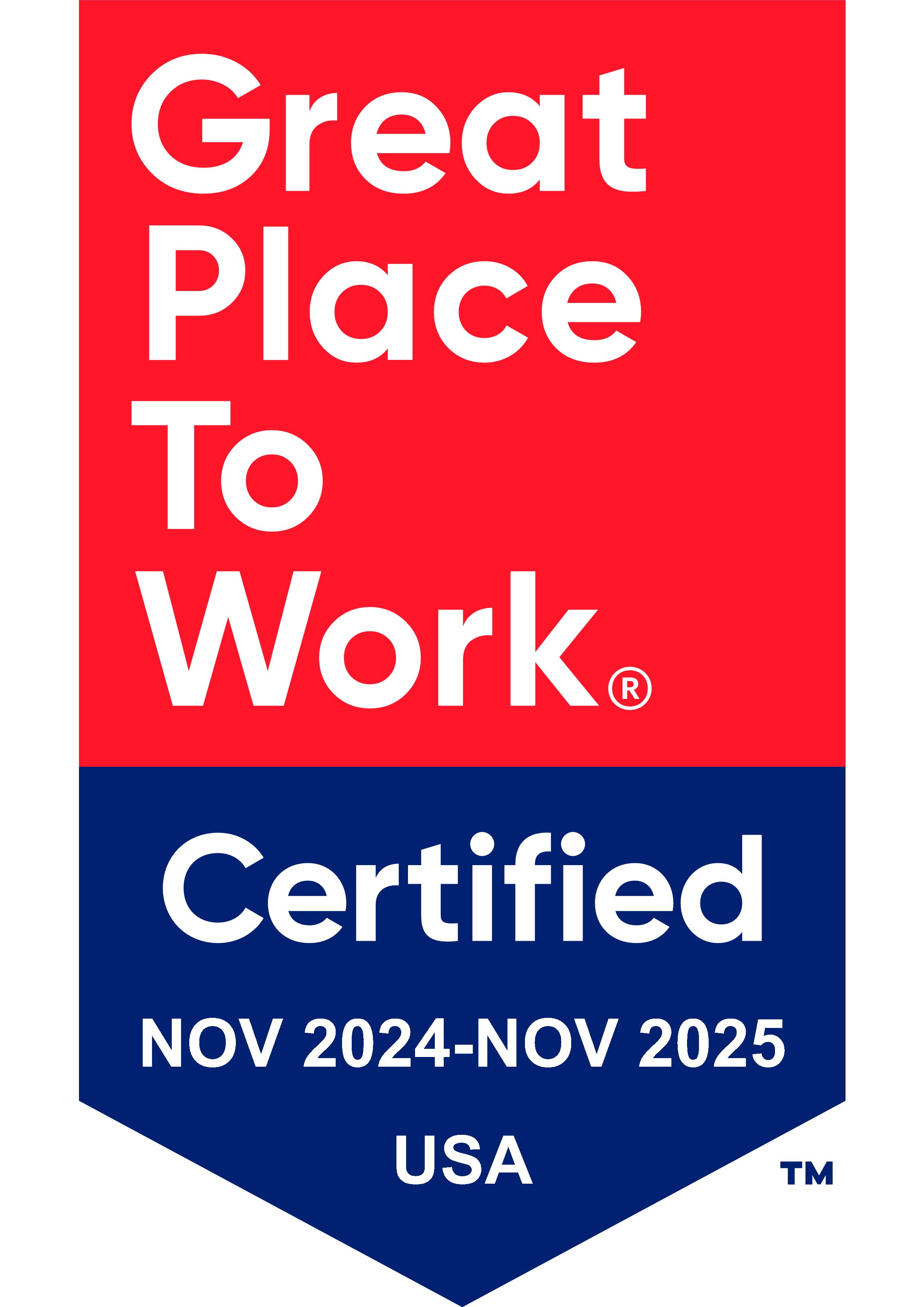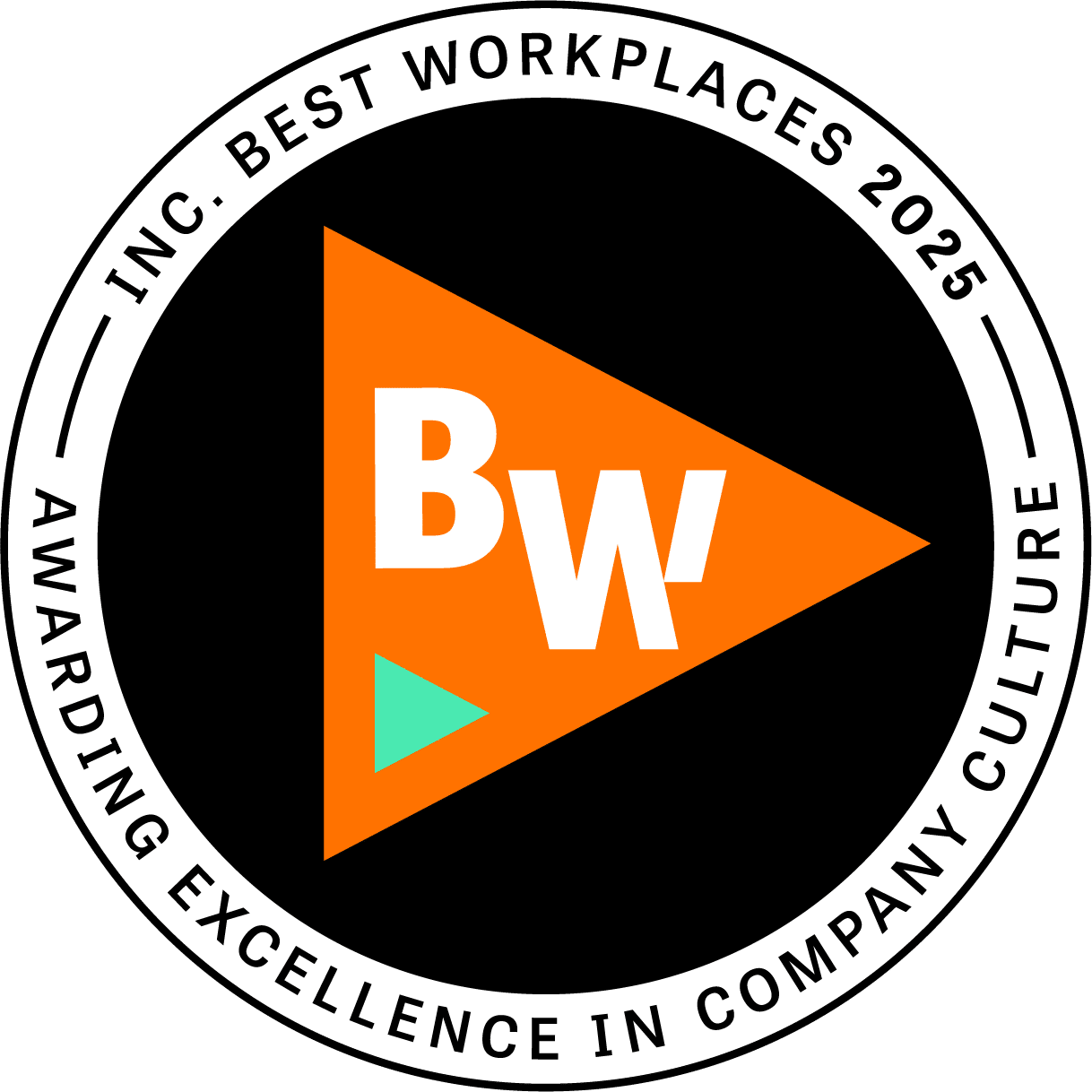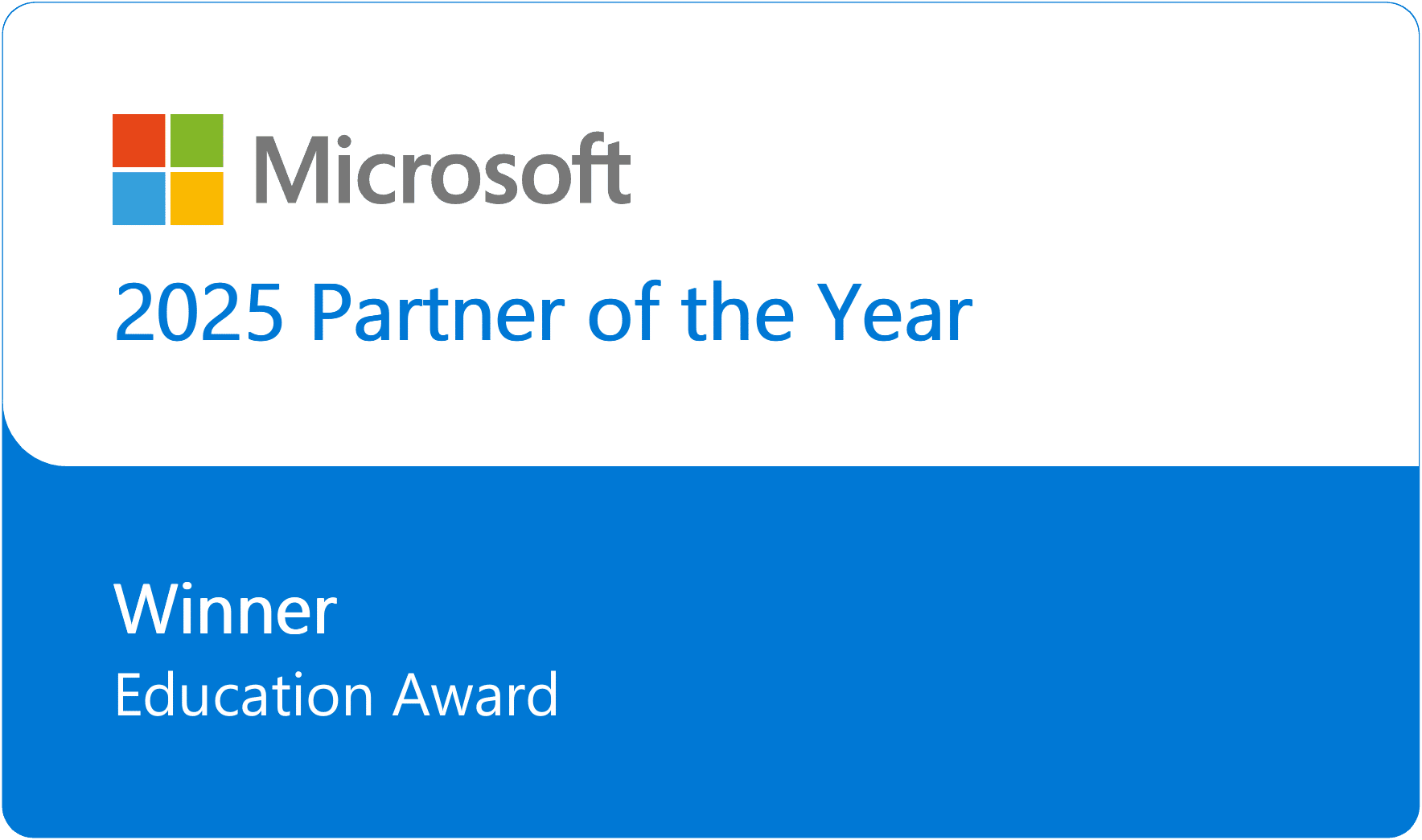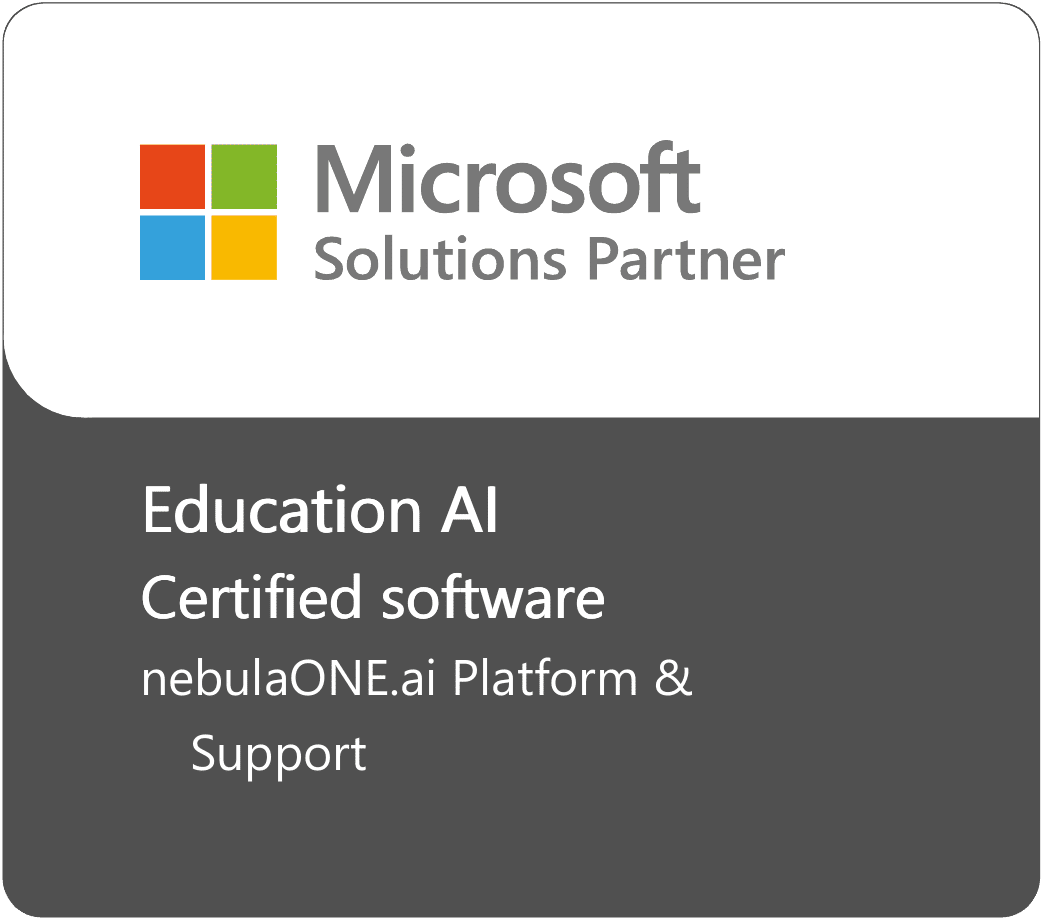As artificial intelligence (AI) continues to revolutionize industries, the need for organizations to harness the power of AI responsibly and securely has never been more critical. AI’s promise of efficiency, innovation, and enhanced decision-making capabilities is enticing, but it also raises significant concerns about data privacy and security. Public AI platforms, often leveraged for their accessibility and convenience, come with their share of risks, especially when processing confidential, sensitive, or protected data.
In this blog post, we’ll examine the major security risks associated with using public AI tools and explain why deploying Private AI systems into secure, private cloud environments—like Microsoft Azure—can be the optimal solution for organizations aiming to maximize productivity while safeguarding sensitive data.
The Hidden Dangers of Public AI Tools
While public AI platforms offer powerful and highly demanded capabilities, they expose organizations to a range of data security risks. Some of the most pressing concerns include:
- Data Exposure to Third Parties
One of the most significant risks of using public AI platforms is that they often require data to be transferred to external servers. This means that any data you send to the AI tool is processed by third-party vendors. Even when platforms promise confidentiality, data leakage, misuse, or unauthorized access is a constant threat, especially if the platform doesn’t have strict access controls.
Why It Matters:
If sensitive or confidential information, such as proprietary business data, protected PII, or financial records, are exposed, it could have serious consequences for your organization including loss of competitive advantage, reputational damage, or legal consequences.
- Insufficient End-to-End Encryption
Most public AI tools do not guarantee encryption during data transmission or when the data is at rest. This creates a vulnerable point where cybercriminals can intercept unencrypted data. Once this information is compromised, attackers can exploit it, leading to breaches that could take months to detect and remediate.
Why It Matters:
Without end-to-end encryption, any sensitive data transmitted over the network or stored on servers is open to attacks, risking exposure to hackers and malicious actors. This not only threatens your data but also the trust of your clients and stakeholders.
- Non-Compliance with Data Regulations
Many industries are subject to strict regulations governing how data must be handled, such as GDPR (General Data Protection Regulation), HIPAA (Health Insurance Portability and Accountability Act), and CCPA (California Consumer Privacy Act), just to name a few. Using public AI platforms can easily lead to routine non-compliance.
Why It Matters:
Failing to comply with regulatory requirements can result in hefty fines, legal liabilities, and damaged relationships with clients and partners.
- Data Retention and Usage Policies
Public AI platforms often retain data after processing for purposes such as improving their algorithms or analytics. However, this retention may extend beyond what is necessary or compliant with your organization’s or your clients’ data retention policies. Worse, data retention policies are often opaque and not within the direct control of the user.
Why It Matters:
When you lose control over your data, you face risks such as unauthorized usage, extended retention of sensitive data, and even exposure to further breaches in the future. Your data or your clients’ data may be used for purposes outside your consent, putting both your organization and your clients at risk.
- Shared Infrastructure Risks
Public AI tools are frequently hosted on shared infrastructure, meaning your data could reside on the same servers as data from other organizations. If the infrastructure is compromised, the risk of data breaches increases, with sensitive data potentially becoming accessible to other platform users.
Why It Matters:
When sensitive data is processed in a shared environment, it increases the attack surface for potential breaches. This is especially concerning for organizations dealing with highly confidential or regulated data.
- Model Inversion and Data Reconstruction
Advanced attacks on AI models, such as model inversion, allow attackers to reverse-engineer sensitive data from trained AI models. If the AI platform isn’t designed with security-first principles, even anonymized data could be reconstructed to reveal confidential information.
Why It Matters:
Even when your data isn’t directly leaked, it could still be reconstructed from AI models. This risk is particularly concerning for industries like healthcare and finance, where the stakes are high in maintaining data confidentiality.
Private AI Systems: A Secure Path Forward
Given the multitude of risks associated with public AI tools, organizations are increasingly turning to Private AI systems deployed in secure cloud environments like Microsoft Azure. This approach offers a far higher level of data protection, control, and regulatory compliance, all while enabling the powerful benefits of AI.
Here are a few reasons why a Private AI system deployed in your secure cloud environment is the best solution for businesses looking to maximize productivity without compromising on security or compliance.
- Data Sovereignty and Control
By deploying Private AI systems in secure cloud environments, your organization maintains full control over its data. You decide where the data is stored, how it is processed, and who has access to it. Unlike public AI platforms, where data may be spread across different regions or handled by third parties, a Private AI deployment ensures that data sovereignty remains firmly within your organization.
- End-to-End Encryption
In a Private AI deployment within a secure cloud environment like Microsoft Azure, data can be encrypted at all stages—during transmission, at rest, and even while being processed. This ensures that sensitive information remains secure from end to end, rendering it unusable even if it were intercepted by malicious actors.
- Regulatory Compliance
Microsoft Azure provides comprehensive tools and services that help organizations comply with stringent data privacy regulations like GDPR, HIPAA, and CCPA. When you deploy Private AI within Azure, you can configure the environment to adhere to these regulations, ensuring that your AI processes meet the required compliance standards.
- Data Retention and Usage Controls
With Private AI systems, you retain full control over the lifecycle of your data and can specify how it is retained, how it is used, and when it is securely deleted. You can enforce strict data retention policies, ensuring that data is only stored for as long as necessary to maintain compliance with data privacy laws.
- Secure, Isolated Infrastructure
Deploying Private AI in a secure cloud environment means that your data is processed in an isolated infrastructure, separate from other organizations’ data. This reduces the risks associated with shared environments, as your AI models and data are confined to a secure, isolated area of the cloud. This in turn minimizes the attack surface and reduces the likelihood of breaches.
- Advanced Security Measures
Private AI deployments within secure cloud environments can be fortified with advanced security measures such as multi-factor authentication, identity and access management, and continuous monitoring for potential threats. Microsoft Azure also offers AI-powered security services to detect and mitigate threats in real-time.
Conclusion: Empower Your Business with Secure Private AI
The risks associated with public AI tools are clear. From data exposure to third parties to insufficient encryption and compliance challenges, organizations are constantly at risk of breaches, non-compliance, and reputational damage. But the good news is that there’s a better path forward.
Deploying Private AI systems in secure, private cloud environments like Microsoft Azure allows your organization to harness the full power of AI while keeping your data safe. You maintain full control over your data, ensure compliance with industry regulations, and benefit from advanced security features that protect against evolving threats. With Private AI, you can drive productivity and innovation without sacrificing security or privacy.
Don’t leave your sensitive data to chance—invest in Private AI systems with Cloudforce as your trusted partner to secure your future today.

 by
by 















